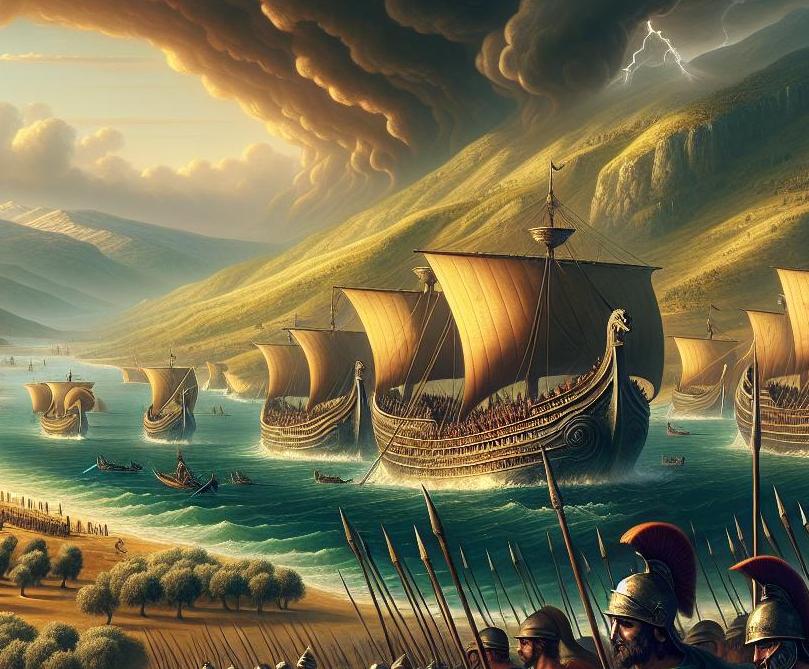Economic and Cultural Contexts
The economic and cultural contexts of Rome and Carthage before the Punic Wars were marked by significant differences and unique attributes that shaped their societies and interactions. Economically, Carthage was a major commercial hub with a strong emphasis on maritime trade. Its strategic location along key Mediterranean trade routes enabled it to dominate commerce in the region, facilitating the exchange of goods such as metals, textiles, and foodstuffs. Carthage’s wealth was largely derived from its extensive trading networks and the exploitation of resources from its colonies and territories. In contrast, Rome’s economy was initially more agrarian, based on the agricultural output of the Italian peninsula.
As Rome expanded, it began to integrate the economies of conquered territories, gradually developing a more diverse economic base that included trade, mining, and manufacturing. This economic expansion helped fuel Rome’s military campaigns and infrastructure projects. Culturally, Carthage was influenced by its Phoenician heritage, which emphasized maritime skills, craftsmanship, and religious practices centered around deities such as Baal and Tanit. Carthaginian society was highly stratified, with a wealthy elite controlling much of the trade and political power.
The city was known for its impressive harbors, temples, and public buildings, reflecting its prosperity and cultural achievements. Roman culture, on the other hand, was heavily influenced by its Etruscan and Greek neighbors. Roman society valued discipline, loyalty, and civic duty, with a strong emphasis on military prowess and public service. The Roman Republic’s political system, with its complex structure of checks and balances, promoted a sense of civic participation among its citizens. These economic and cultural contexts set the stage for the Punic Wars, as Rome and Carthage vied for dominance in the Mediterranean. The contrasting economic models and cultural values of these two powers contributed to their rivalry and the eventual conflict that reshaped the ancient world.
 |
 |
 |


